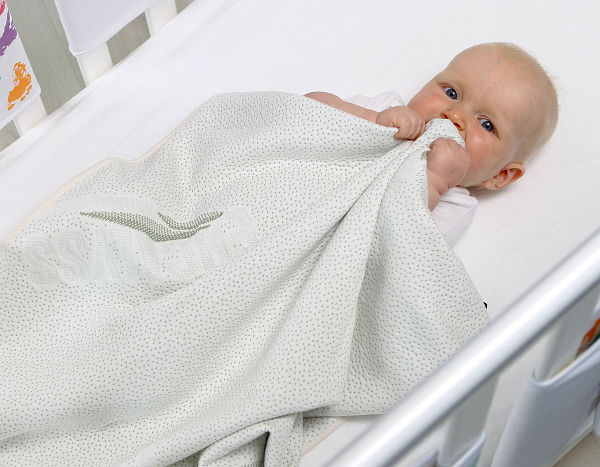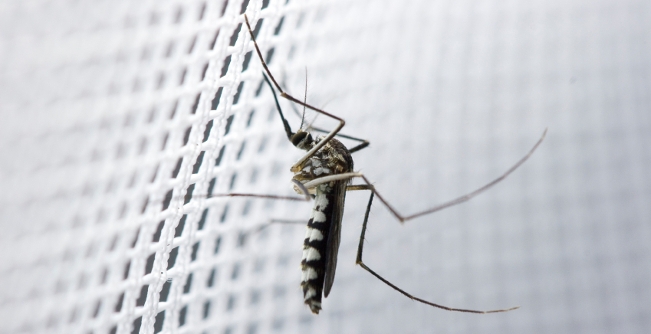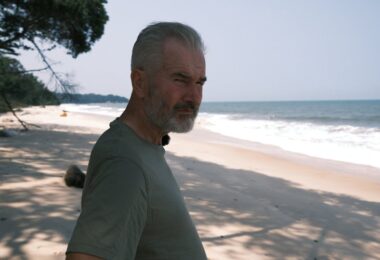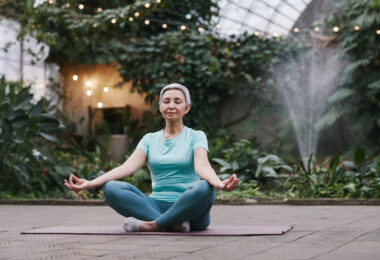Mosquito bites in the UK and in many other countries are no more than a nuisance; however, their presence in certain countries can quite detrimental, so it’s best to be prepared when travelling abroad.
Found in all parts of the world, especially in humid tropical regions where they usually remain active for a year, most are simply annoying pests, yet they are also the number one cause of malaria, a tropical disease that has been found in more than 100 countries around the world, of which there were 207 million cases in 2012 according to the World Health Organization (WHO). With that in mind, it’s important to know all of your options and find the best way to protect your kids from mosquitoes when going away.
Do your research!
There are plenty of general protective measures you and your family can take before heading off. If you’re heading to a country where outbreaks are common, you can find out in advance whether the country is undergoing one or not. The Centre for Disease Control and Prevention (CPC) for instance, provide regular updates on regional disease patterns and outbreaks that can be found on their website.
Avoiding peak exposure times and areas is also useful and may reduce risk. There are numerous types of mosquitoes and each have their individual peak hours of activity. Those that carry dengue are most active during daylight hours whilst ones carrying malaria are more frequent in twilight hours or in the evening after dark.
Appropriate clothing is also advised so to protect any exposed skin, especially for children. Whilst this may not be suitable during the day if heat levels are particularly high, any form of mosquito repellent can go a long way to helping fight it and can even be applied to your clothes for added protection.
Invest in a specialist kit
 Whether you are holidaying at home or abroad, a smart move is to make sure you can protect your baby from pesky mosquitoes and biting insects with specialist products from the travel sector – something like the Kit for Kids Eucalyss Range is ideal for ensuring you don’t have to worry about your little ones. Their travelling collection includes a Kit for Kids Baby foldable or thick travel mattress and a By Carla luxury blanket, all of which have been treated with Eucalyss; a 100% natural treatment that repels mosquitoes and biting flies.
Whether you are holidaying at home or abroad, a smart move is to make sure you can protect your baby from pesky mosquitoes and biting insects with specialist products from the travel sector – something like the Kit for Kids Eucalyss Range is ideal for ensuring you don’t have to worry about your little ones. Their travelling collection includes a Kit for Kids Baby foldable or thick travel mattress and a By Carla luxury blanket, all of which have been treated with Eucalyss; a 100% natural treatment that repels mosquitoes and biting flies.
Made from Eucalyptus oil, this creates a no-fly zone around the mattress or blanket so you are protecting your baby from being bitten and they can sleep soundly, dreaming of their next family adventure. This natural element is always a plus for parents, as not only do we want to keep the bugs away, but it’s great knowing they’re not being exposed to harsh insect-repellents or chemical sprays.
Another huge benefit of the Kit for Kids travel cot mattress is the practical fearures of carrying and storing it – which is always vital to think about. In addition to the Eucalyss, their products are easy to fold and can be an essential addition to the often basic and uncomfortable base of a travel cot.
Repel and Protect
A number of spatial repellents are available for indoors, which help clear rooms or areas of mosquitoes such as sprays or repel them from a circumscribed area with coils. Skin repellents and bed nets are still advised, the latter can be an essential tool to fight mosquitoes and provide adequate protection for yourself and your family. If they do not reach the floor, they should be tucked under the mattress so that no bugs can come in. They’re most effective when treated with pyrethroid insecticide but it is also possible to purchase pre-treated nets before you travel and these are effective over an extensive period of time.
Of course the most common treatment against mosquitoes is skin repellent, however there are a number of things you need to know before purchasing:
There are various types of repellent on the market, but their efficiency can be affected by anything from perspiration, exposure to water, level of activity, ambient temperature and more. Products with higher concentrations of active ingredient will provide the longest lasting protection. The most common active ingredient is DEET, and experts suggest using products that contain more than 20% on exposed skin whilst products with up to 10% will usually only last between 1-2 hours.
Application!
The majority of repellents can be used on children who are older than two months, but always check labels! If you are travelling with children younger than this, it is advised to use an infant carrier draped with mosquito netting with an elastic edge to ensure a tight fit. Products that contain Oil of Lemon Eucalyptus (OLE) should not be used on children who are younger than 3 years old, so check the label before purchasing.
Repellent should only be applied to exposed skin or the clothing as stated on the label and should never be applied under the clothing. It should never be used over wounds, cuts or irritated skin, so ensure these areas are covered up before applying. When using on the face, make sure you spray it in your hands first and then rub onto your face, and try to avoid your mouth and eyes.
With children, apply the repellent yourself onto your hands and gently spread over their skin. Washing your hands after use is also highly advised as you could accidentally expose the repellent to your eyes and mouth, or your child’s. When returning indoors, wash off the areas with soap and water or take a bath, a tip that is especially relevant if you have been using it on a more regular basis. If you have any doubts about a product, always check with your GP ahead of travel.
Mosquito bites are one of the most irritating problems families have to deal with when holidaying abroad. Often more nuisance than harm, it’s always advised to take precautions and educate yourself as much as possible, especially if you are travelling with children. Preparing yourself in advance will ensure your holiday is as enjoyable and mosquito free as possible!








